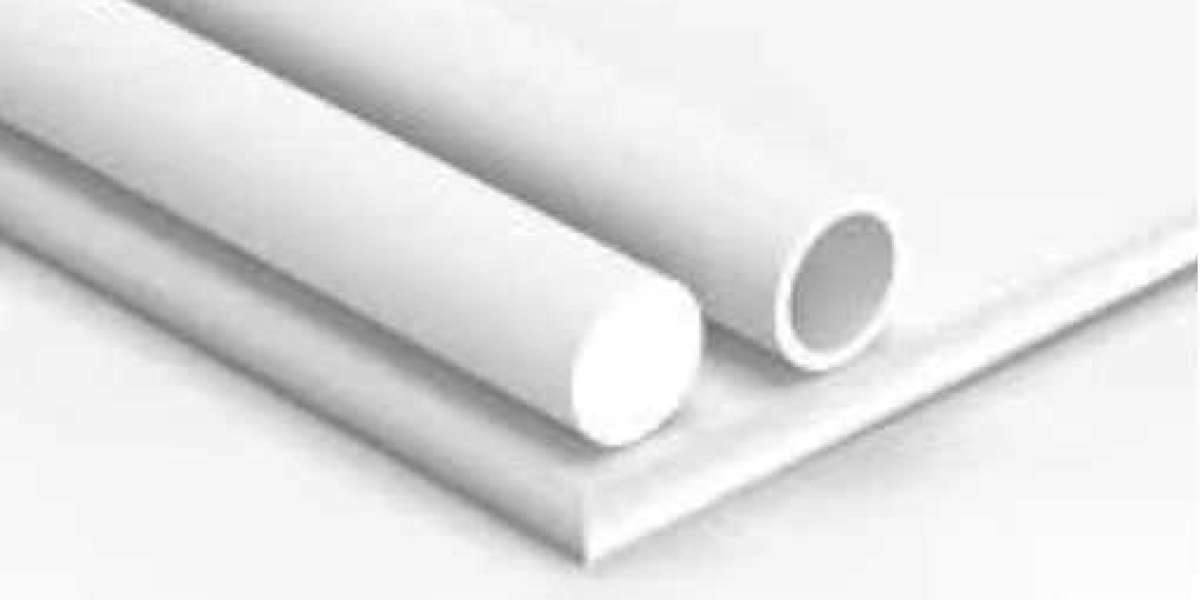FJY255A PTFE (Polytetrafluoroethylene) fiberglass substrate is a remarkable material that combines the exceptional properties of PTFE and fiberglass. This unique combination makes it highly suitable for various applications in industries where high-temperature resistance, electrical insulation, and chemical resistance are essential. In this article, we will delve into the distinctive characteristics of FJY255A PTFE fiberglass substrate, shedding light on its significance in different fields.
I. Understanding FJY255A PTFE Fiberglass Substrate
FJY255A PTFE fiberglass substrate is a composite material composed of a fiberglass base that is coated with a layer of PTFE. The fiberglass provides strength and stability, while the PTFE coating adds exceptional properties such as high-temperature resistance, electrical insulation, and chemical inertness. This combination makes FJY255A an ideal choice for applications that require reliable performance in demanding environments.

II. Unique Characteristics of FJY255A PTFE Fiberglass Substrate
1.High-Temperature Resistance:
One of the standout features of FJY255A PTFE fiberglass substrate is its exceptional resistance to high temperatures. It can withstand continuous operating temperatures of up to 260°C (500°F) and intermittent temperatures of up to 290°C (554°F). This property makes it suitable for applications where exposure to extreme heat is common, such as in industrial ovens, heating elements, and insulation components.
2.Electrical Insulation Properties:
FJY255A PTFE fiberglass substrate exhibits excellent electrical insulation properties. It has a high dielectric strength, which allows it to withstand high voltages without electrical breakdown. Additionally, it offers low dielectric constant and loss tangent, making it an ideal choice for applications that require reliable insulation, such as in electrical cables, circuit boards, and high-frequency applications.
3.Chemical Inertness:
PTFE is known for its exceptional chemical inertness, and FJY255A PTFE fiberglass substrate inherits this property. It is highly resistant to a wide range of chemicals, including acids, bases, solvents, and corrosive substances. This chemical resistance makes it suitable for applications in chemical processing, pharmaceutical manufacturing, and other industries where exposure to aggressive chemicals is a concern.
4.Low Friction Coefficient:
FJY255A PTFE fiberglass substrate possesses a low friction coefficient, which means it has excellent non-stick properties. This characteristic makes it resistant to adhesion and easy to clean. It is commonly used in applications where low friction and non-stick surfaces are required, such as in food processing equipment, conveyor belts, and sliding components.
5.Dimensional Stability:
The fiberglass base of FJY255A PTFE fiberglass substrate provides dimensional stability to the material. It has low thermal expansion and contraction rates, ensuring minimal dimensional changes under varying temperatures. This property is crucial in applications that require precise dimensions and tight tolerances, such as in gaskets, seals, and critical mechanical components.
6.UV Resistance:
FJY255A PTFE fiberglass substrate exhibits excellent resistance to UV (ultraviolet) radiation. It can withstand prolonged exposure to sunlight without degradation or loss of properties. This UV resistance makes it suitable for outdoor applications, such as in architectural membranes, solar panel components, and weather-resistant seals.

III. Applications of FJY255A PTFE Fiberglass Substrate
1.Heat Sealing and Packaging:
The high-temperature resistance, low friction coefficient, and non-stick properties of FJY255A PTFE fiberglass substrate make it ideal for heat sealing applications. It is commonly used as a release material in heat seal bars, sealing jaws, and packaging equipment, ensuring efficient and reliable sealing without sticking or damaging the packaging materials.
2.Insulation Components:
FJY255A PTFE fiberglass substrate's excellent electrical insulation properties make it suitable for various electrical insulation components. It is used in wire and cable insulation, high-voltage insulation tapes, electrical connectors, and insulating sleeves. Its thermal stability and chemical resistance make it a reliable choice for demanding electrical applications.
3.Non-Stick Surfaces:
The low friction coefficient and non-stick properties of FJY255A PTFE fiberglass substrate are highly valued in applications where sticking or adhesion is a concern. It is widely used in food processing equipment, baking sheets, molds, and conveyor belts, ensuring easy release of food products and minimizing the need for lubricants or release agents.
4.Chemical Processing Equipment:
FJY255A PTFE fiberglass substrate's chemical inertness and high-temperature resistance make it suitable for various chemical processing equipment. It is used in gaskets, seals, linings, and other components that come into contact with corrosive chemicals. Its resistance to chemical attack ensures the integrity and longevity of the equipment.
5.Thermal Insulation:
The high-temperature resistance of FJY255A PTFE fiberglass substrate makes it an excellent choice for thermal insulation applications. It is used in heat shields, insulation blankets, and other components that require protection from heat transfer. Its ability to withstand high temperatures without degradation ensures the safety and efficiency of thermal insulation systems.

Conclusion
FJY255A PTFE fiberglass substrate offers a unique combination of properties that make it a versatile material for various applications. Its high-temperature resistance, electrical insulation properties, chemical inertness, low friction coefficient, dimensional stability, and UV resistance make it a preferred choice in industries where these characteristics are crucial. From heat sealing and packaging to insulation components, non-stick surfaces, chemical processing equipment, and thermal insulation, FJY255A PTFE fiberglass substrate provides reliable performance in demanding environments. Its exceptional properties contribute to the efficiency, durability, and safety of numerous industrial applications.
FJY255A PTFE Glass Fiber Substrate: Enhancing High-Frequency Performance







